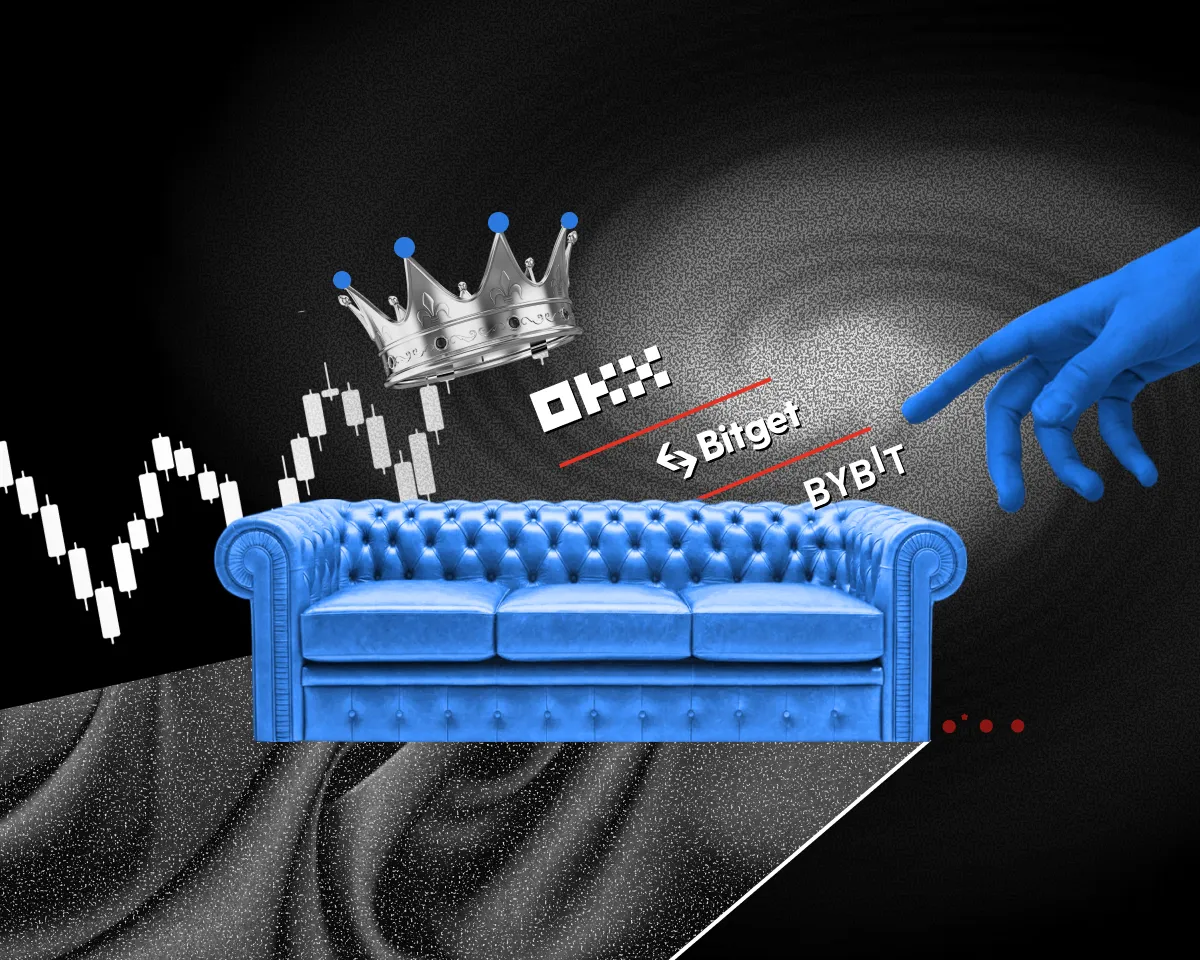BitcoinWorld Shocking Closure: SK-Backed South Korean Validator a41 Shuts Down After 3 Years In a surprising turn of events, the cryptocurrency world faces another significant development as South Korean validator firm a41 announces its shutdown. This news comes just three years after the company secured major backing from one of South Korea’s largest conglomerates, raising questions about the validator landscape in Asia’s crypto hub. Why is this South Korean validator shutting down? The Seoul Economic Daily broke the news about a41’s impending closure. This South Korean validator had been operating for three years since receiving substantial investment from SK Group. The timing raises important questions about validator sustainability in current market conditions. SK’s involvement represented a significant vote of confidence in blockchain infrastructure. Their investment of 5.078 billion won (approximately $3.7 million) secured an 8.33% stake in the South Korean validator company. This backing from a major corporation made a41’s shutdown particularly noteworthy for industry observers. What challenges do validators face in South Korea? The closure of this South Korean validator highlights several industry challenges: Regulatory pressures in the Korean market Operational costs for maintaining validator nodes Competition intensity among blockchain service providers Market volatility affecting investment returns These factors combined create a challenging environment for any South Korean validator operation. The shutdown suggests that even with corporate backing, sustainable validator business models remain difficult to establish. What does this mean for blockchain infrastructure? The departure of a established South Korean validator like a41 creates ripple effects throughout the ecosystem. Validators play crucial roles in: Network security maintenance Transaction verification processes Consensus mechanism participation Blockchain decentralization efforts When a significant South Korean validator exits the market, it potentially affects network health and decentralization metrics. However, the blockchain space has proven resilient to such changes in the past. What can we learn from this validator’s journey? The three-year operation of this South Korean validator provides valuable insights for the industry. Corporate backing alone doesn’t guarantee success in the volatile crypto space. Sustainable validator operations require: Diverse revenue streams beyond basic validation Adaptive business models that can weather market cycles Strong community support and delegation Technical innovation to stay competitive The experience of this South Korean validator serves as a case study for future infrastructure projects considering corporate partnerships. Looking forward: The future of validators in South Korea Despite a41’s closure, the South Korean validator ecosystem continues to evolve. The country remains a significant player in global blockchain adoption, with: Strong developer communities Progressive regulatory developments High public interest in cryptocurrency Continued corporate exploration of blockchain technology Other South Korean validator operations will likely learn from a41’s experience and adjust their strategies accordingly. The market’s response to this shutdown will reveal much about the maturity of Korea’s blockchain infrastructure sector. Frequently Asked Questions What was a41’s role as a South Korean validator? A41 operated as a blockchain validator, participating in network consensus and transaction verification for various blockchain protocols. Why did SK invest in this South Korean validator? SK likely saw potential in blockchain infrastructure as part of their digital transformation strategy and interest in emerging technologies. How will this affect other validators in South Korea? The shutdown may lead to increased caution among investors but also creates opportunities for remaining validators to capture market share. What happens to the networks a41 validated? Blockchain networks typically have multiple validators, so other operators will absorb a41’s responsibilities without significant disruption. Could a41 restart operations in the future? While possible, most validator shutdowns tend to be permanent due to the specialized nature of the business and competitive landscape. What does this mean for SK’s blockchain strategy? SK will likely reassess their blockchain investments but probably won’t abandon the space entirely given its strategic importance. Found this analysis of the South Korean validator shutdown insightful? Share this article with your network on social media to spread awareness about blockchain infrastructure developments in Asia. To learn more about the latest cryptocurrency trends, explore our article on key developments shaping blockchain infrastructure and institutional adoption. This post Shocking Closure: SK-Backed South Korean Validator a41 Shuts Down After 3 Years first appeared on BitcoinWorld .
 200 Million XRP Shocks the XRP Army
200 Million XRP Shocks the XRP Army New Ways Young Londoners Relax Today
New Ways Young Londoners Relax Today











